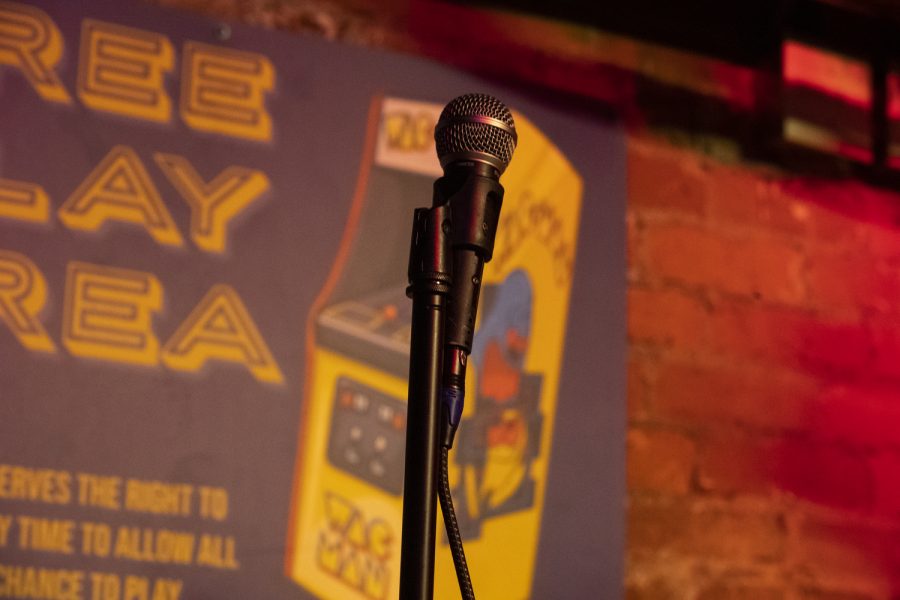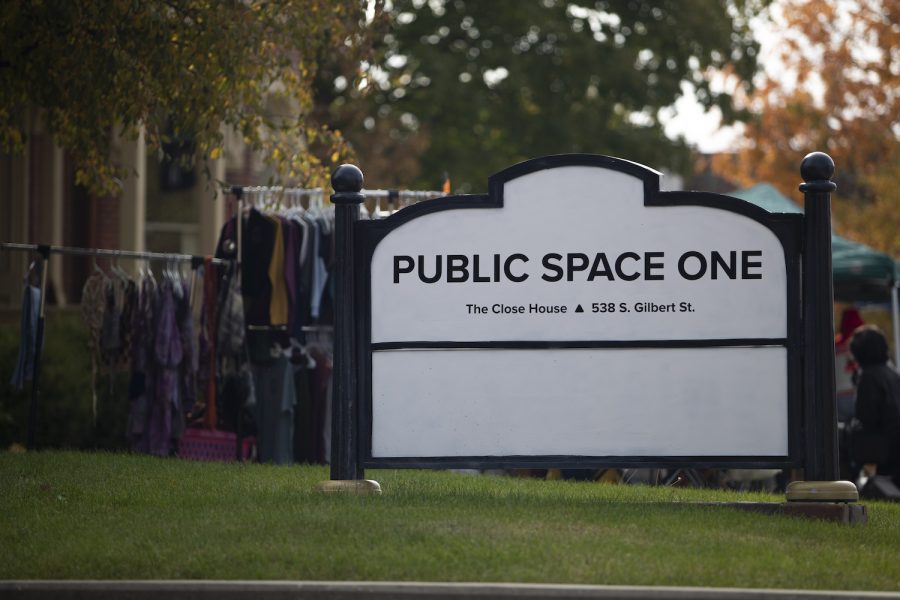I really ought to come clean and finally reveal my humiliating secret — for years, I have been a Shakira fan and a poorly closeted one at that.
Oops, wrong secret.
What I meant to reveal is that I have a tiny, tiny vocabulary. Some say that it’s not the size of your lexicon that matters, it’s how you please your professors with it. Regardless of your philosophy on vernacular depth, I really should see if they make pills for people with my problem.
But I am glad I got that Shakira business out of the way, because now it won’t be awkward when I admit I realized my vocabulary’s shortcomings when I was listening to “She Wolf” (en español, “La Loba”). To quote Shakira: “A domesticated girl / That’s all you ask of me / Darling it is no joke / This is lycanthropy.”
Excuse me — “lycanthropy”? When I’m dropping it on the dance floor, I don’t have time to pull out my pocket dictionary. Given that I’m not one of the tween girls who constitute the Twilight readership, how was I supposed to know that Shakira was referring to the delusion in which one imagines oneself to be a wolf or other wild animal? But Shakira’s colorful high-brow lyrics are only a continuation of a larger trend in pop music.
In 2000, Madonna released her 12th No. 1 single, “Music.” According to Madonna, “music makes the bourgeoisie and the rebels come together.” At age 13, I didn’t know who the bourgeoisie were and, nine years later, I’m still a little unclear on the matter.
Apparently, the bourgeoisie are the economic class made up of persons whose political, economic, and social opinions are believed to be determined mainly by concern for property values and conventional respectability — in other words, the middle class. Exactly how would Madonna know about the bourgeoisie’s musical habits? Forbes estimated her net worth at $850 million, so I’d guess that her chauffeur helped her write this one.
Sometimes musicians are up front with their advanced linguistic capabilities, as is the case with the Police and the band’s two-part hit, “Synchronicity.” The song deals with a man trapped in a terrible and depressing life (a prophetic look at post-Police Andy Summers and Stewart Copeland, perhaps?), but the word actually refers to a coincidence of events that seem to be meaningfully related, conceived by Carl Jung. Given its tempestuous past, perhaps the Police could have benefited from some seemingly meaningful relations.
In the annals of classic rock, $5 words abound. In “Lucy in the Sky with Diamonds,” the Beatles referred to “Plasticine porters” at a train station seen in a psychedelic trip. Plasticine is actually a trademarked brand name for a synthetic wax-like modeling material. Similarly, Queen invokes the fandango, a Spanish triple-time dance, in the group’s seminal “Bohemian Rhapsody.”
But what is the point of all this fancy talk? Is the music world so full of linguistic showoffs that they have to work advanced argot into their performances?
To answer that question, look no further than the Beastie Boys’ “Intergalactic.” In between samples of classical music and shots of robots popping, the Beastie Boys inserted the word “rapophile.”
Rapophile isn’t in any dictionary, but listeners can surmise that it means someone who loves rap. When “Intergalactic” débuted in 1998, rapophiles rejoiced because the very inclusion of the word verified that rap was a dominant genre in mainstream music and word inventors such as the Beastie Boys were the cutting edge.
Musical artists employ big words to distinguish themselves as tortured poets, clever wordsmiths, or just for the sake of being different. Here’s to a multifaceted Euterpean pantheon.





